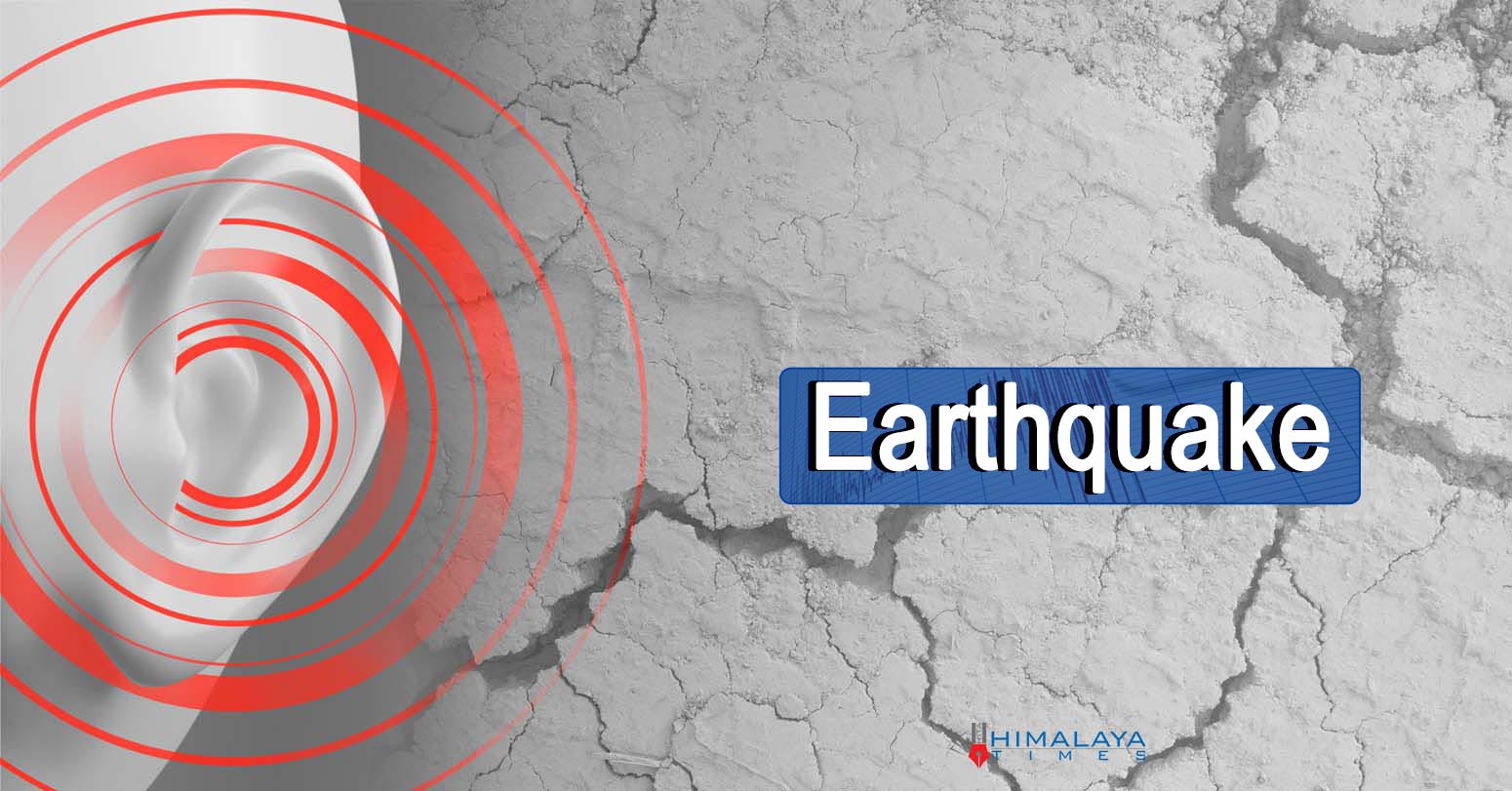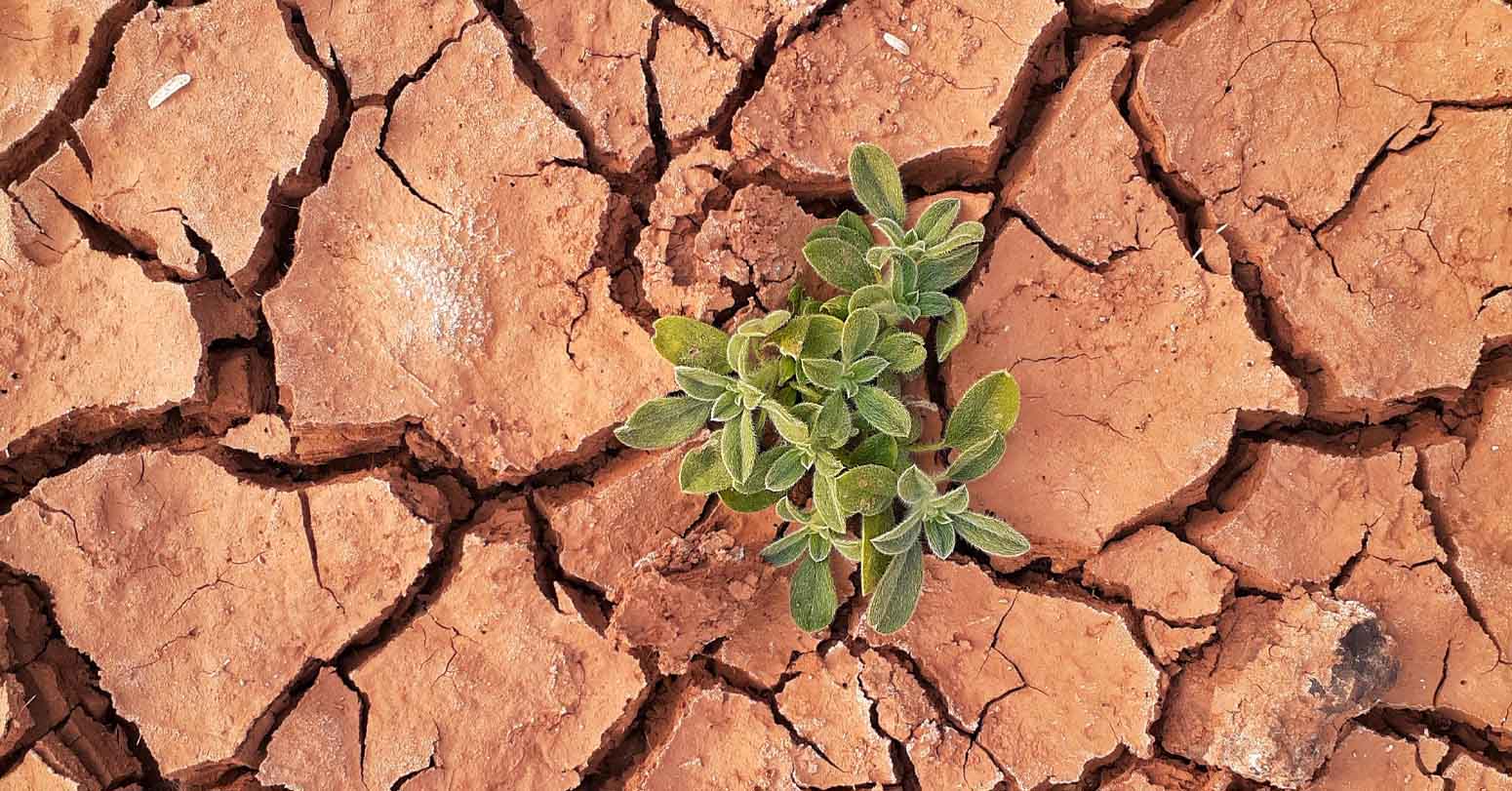
Desertification is defined by the UNCCD as "land degradation in arid, semi-arid and dry subhumid areas caused by various factors, including climatic variations and human activities." This process transforms once-productive land into desert-like landscapes, diminishing biomass productivity and reducing arable land, thereby threatening food security.
Though often a silent and invisible crisis, desertification destabilizes communities across the globe. While the impact is most visible in the form of dust and sand storms, it also leads to biodiversity loss, rising unemployment, ecological displacement, and even conflict.
The effects are already severe. According to the UNCCD, land provides nearly 95 percent of the world's food, yet up to 40 percent of global land is now degraded, directly affecting 3.2 billion people. Every second, an area equivalent to four football fields of healthy land is lost, totaling 100 million hectares each year. Additionally, droughts have become more frequent and intense, with a 29 percent increase in their occurrence since 2000. By 2050, three-quarters of the world's population could be affected by drought, the UNCCD warns.
Human activities also contribute to desertification, including unsustainable farming practices that deplete soil nutrients, mining, overgrazing, and deforestation.
"We depend on land for our survival. Yet, we treat it like dirt," said UN Secretary-General Antonio Guterres, highlighting the urgency of addressing the crisis.
It is important to note that combating desertification does not mean eradicating natural deserts-ecosystems formed through geological processes over time. The focus is instead on restoring areas that have been degraded and should not have become deserts in the first place.
Natural deserts, like forests, grasslands, and wetlands, play vital roles in maintaining the balance of terrestrial ecosystems. Therefore, the challenge lies in avoiding, reducing, and reversing land degradation, which requires collective international action.
As the only legally binding international treaty focused on land management and drought, the UNCCD is one of the three Rio Conventions, alongside those addressing climate change and biodiversity. Over the years, it has successfully raised global awareness and mobilized global commitments to combat desertification, land degradation, and drought. The convention also provides essential guidance, capacity building, and resource mobilization to address these issues.
-XINHUA



















Middle-aged man spends millions to
Dr. Dharam Raj Upadhyay: Man
Children, Greatest Victims Of Sudan’s
Breathing The Unbreathable Air
Comprehensive Data Protection Law Critically
Gender Differences In Mental Healthcare